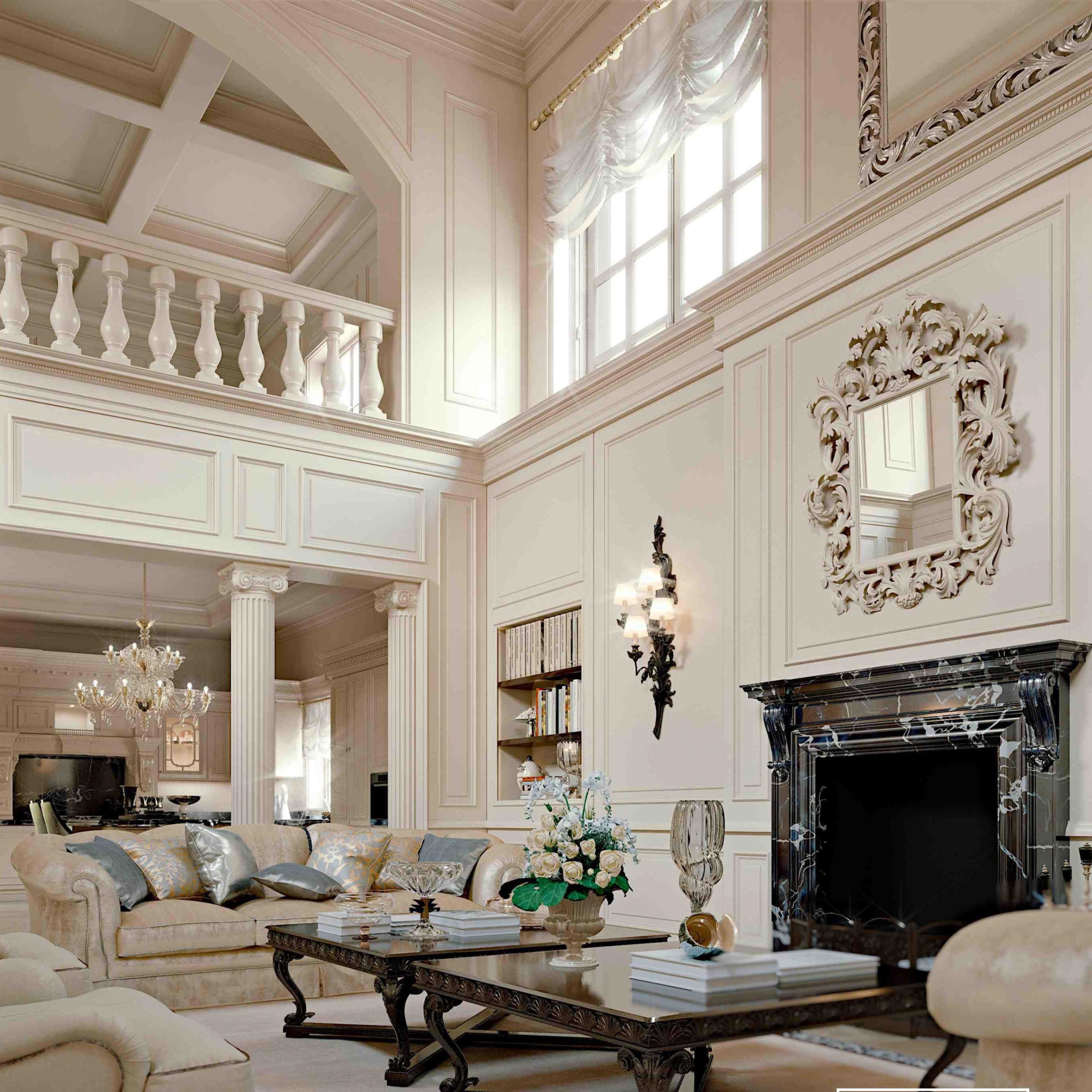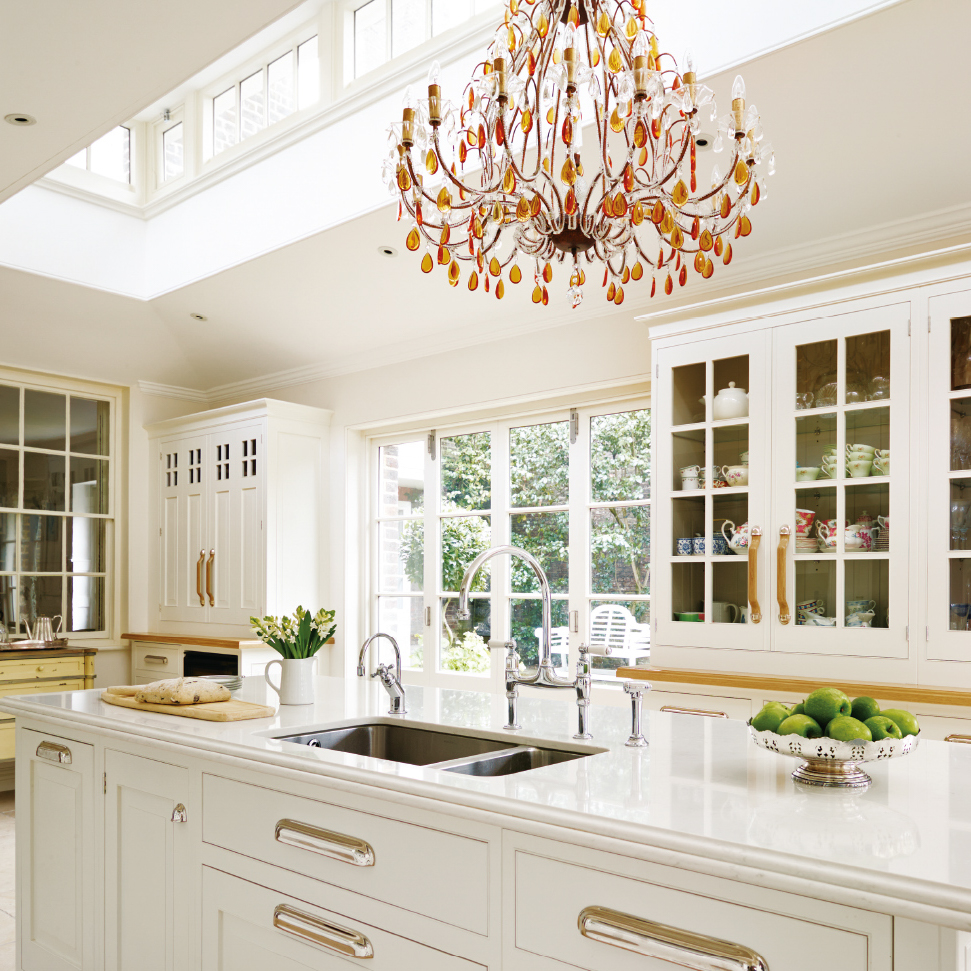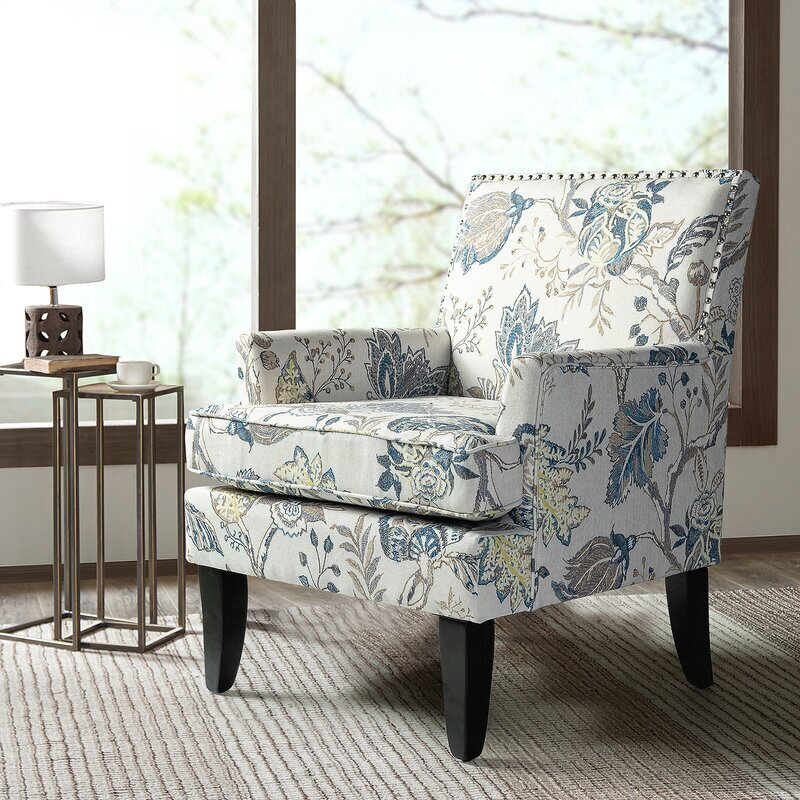Introduction
Recessed lighting has become a popular choice for homeowners who want both style and functionality in their home. A recessed light is a type of light fixture that is installed directly into the ceiling or wall, creating a “recessed” effect. This type of lighting is different from traditional light fixtures, which hang from the ceiling or are mounted on a wall.
If you are considering adding recessed lighting to your home, you may be wondering about the benefits of this type of lighting and how to install it. In this article, we will discuss the advantages of recessed ceiling fixtures and provide a step-by-step guide on how to install them.
Advantages of Recessed Ceiling Fixtures
There are many advantages to installing recessed ceiling fixtures in your home. Some of these advantages include:
1. Aesthetically pleasing
Recessed ceiling fixtures create a sleek and modern look in any room. Unlike traditional light fixtures, they are not bulky or obtrusive and can be used to highlight specific areas of a room, such as artwork or furniture.
2. Energy efficient
Recessed ceiling fixtures are highly energy-efficient, as they use LED bulbs that consume minimal electricity. This can help you save money on your electricity bill and also make your home more environmentally friendly.
3. Versatile
Recessed ceiling fixtures can be used in a variety of settings, including kitchens, living rooms, bedrooms, and even bathrooms. They are also available in different sizes and styles, making it easy to find a fixture that suits your specific needs.
4. Increased functionality
Recessed ceiling fixtures are great for providing task lighting in areas such as kitchens or home offices. They can also be used to create a warm and cozy atmosphere in living rooms or bedrooms.
How to Install Recessed Ceiling Fixtures
Now that we’ve discussed the advantages of recessed ceiling fixtures, let’s go through a step-by-step process on how to install them:
Step 1: Prepare the Area
Before you install recessed ceiling fixtures, you need to make sure that the area is prepared. This involves turning off the power to the circuit you will be working on, removing any existing fixtures, and ensuring that the ceiling is structurally sound.
Step 2: Mark the Location of the Fixture
Once the area is prepared, mark the location of the fixture on the ceiling. You can do this by using a measuring tape and pencil to mark the center of where the fixture will go.
Step 3: Cut the Hole
Using a hole saw, cut a hole in the ceiling at the location you marked in step 2. Make sure the hole is the right size for the fixture you will be installing.
Step 4: Install the Fixture
Install the fixture by connecting the wiring to the junction box and fitting the fixture into the hole you created in step 3. Make sure the fixture is secure and flush with the ceiling.
Step 5: Connect the Wiring
Connect the wiring from the fixture to the wiring in the ceiling, making sure to follow the manufacturer’s instructions for connecting the wires.
Step 6: Install the Trim
Finally, install the trim around the fixture. The trim will help the fixture blend in with the ceiling and can be customized to match the style of your home.




